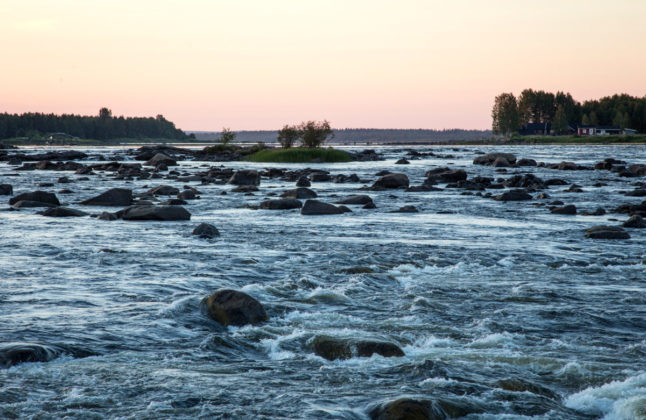After completing my engineering degree at one of the best institutes in Pakistan, I, like many other Pakistanis, chose Sweden over the UK and other countries for mainly two reasons:
1. You can get good quality further education in Sweden for free.
2. Swedish people are not racist and do not discriminate against immigrants.
After coming here as a Masters student, most of us feel the first reason to be very true but when it comes to the second part the story is quite different.
As long as you are student, you normally mix with international or Swedish students, which itself is a wonderful experience. You normally don’t find discrimination of any kind, probably because your spectrum is not that broad, and you normally don’t meet too many working class Swedish people. But once you complete your studies you look for a job and it is from this point on that you start to see a different side of the picture.
I was lucky enough to get a good job after my Masters. When I started the job, I thought everything would be same as it used to be when I was a student. But it was not. I will mention here a few observations and experiences. (A full list would be too long)
I had to move to another city because of the job. I soon found that looking for accommodation became a never ending quest. People were really willing to rent out their apartments to me as I was earning good money. Everything was fine unless they actually met me and got to know that I was an immigrant. Then I got the big “no”.
In Gothenburg I dealt with one of the major housing companies and found that they are not inclined to make any offers to non-Swede. Even if they do make an offer, it is always for areas where only immigrants live. Immigrants are never offered any places where Swedish people live. Why this division?
Then there is discrimination in everyday life. Whenever an immigrant sits on a bus or a tram and leaves one empty seat next to him, I have found out that the probability of a Swedish person sitting next to him/her is almost zero. When the bus gets absolutely full, most people would prefer to stand than sit next to an immigrant. It’s almost like they think we stink of rotten fish.
These are just a few examples, and if you look around you will find so many incidents. I am not saying there is nothing good in Sweden. In fact, most things are absolutely wonderful. The system itself works superbly, but the behavior of Swedish people is really strange.
An immigrant who comes to Sweden to work here is a real blessing in disguise. He pays huge taxes and gets very little from the Swedish government. In fact, a well educated immigrant working here is a bonus for the government, which spends very little on him before he comes but reaps the benefits for the rest of his life.
It goes without saying that the immigrant himself gets a lot from Sweden by working here, but discriminating against him in different ways is probably not the best thing. Honestly, it really hurts.
Nabeel Shehzad currently works for Jeppesen Systems AB, a Gothenburg-based BOEING Company. Before joining Jeppesen, he received a Masters degree from the Royal Institute of Technology, KTH, in Stockholm. He also has an engineering degree from GIK Institute of Engineering, Pakistan.


 Please whitelist us to continue reading.
Please whitelist us to continue reading.